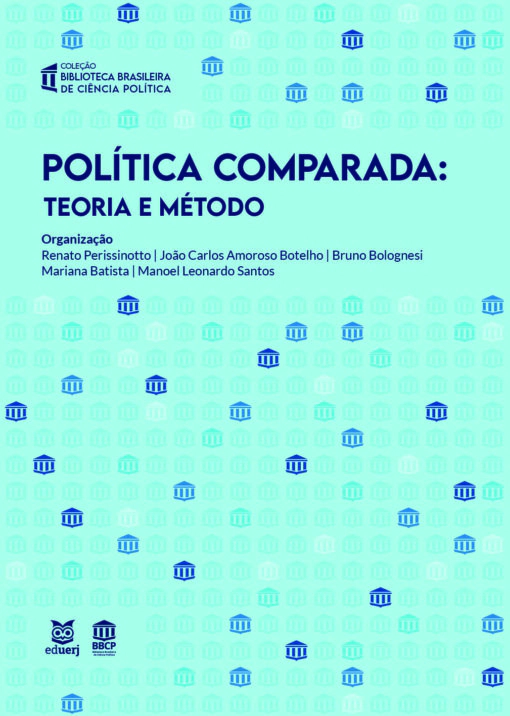Legislative Studies in Comparative Perspective [in Portuguese]

Abstract
The study of legislatures is a critical subfield in Political Science due to the omnipresence of assemblies and their impact on democratic governance. This subfield, particularly under neo-institutionalism, examines how the internal organization and decision-making processes within legislatures influence public policy outcomes. Key questions focus on the rules and procedures that shape the influence of various legislative bodies. This chapter provides an overview of comparative legislative studies, highlighting significant theories and methods. While not exhaustive, it points out major themes and exemplary studies. Initially, it reviews foundational research on the U.S. Congress from the 1970s, which laid the groundwork for the subfield. The chapter then explores the expansion of comparative research to legislatures worldwide, particularly noting the institutionalist approach that dominates current studies. Special attention is given to Latin American legislative studies due to the region’s unique multiparty presidential systems. Further, the chapter examines Brazilian legislative studies, identifying key themes that align with comparative analysis theories. Methodological approaches and empirical strategies in comparative legislative research are also discussed. The chapter concludes with brief final considerations.